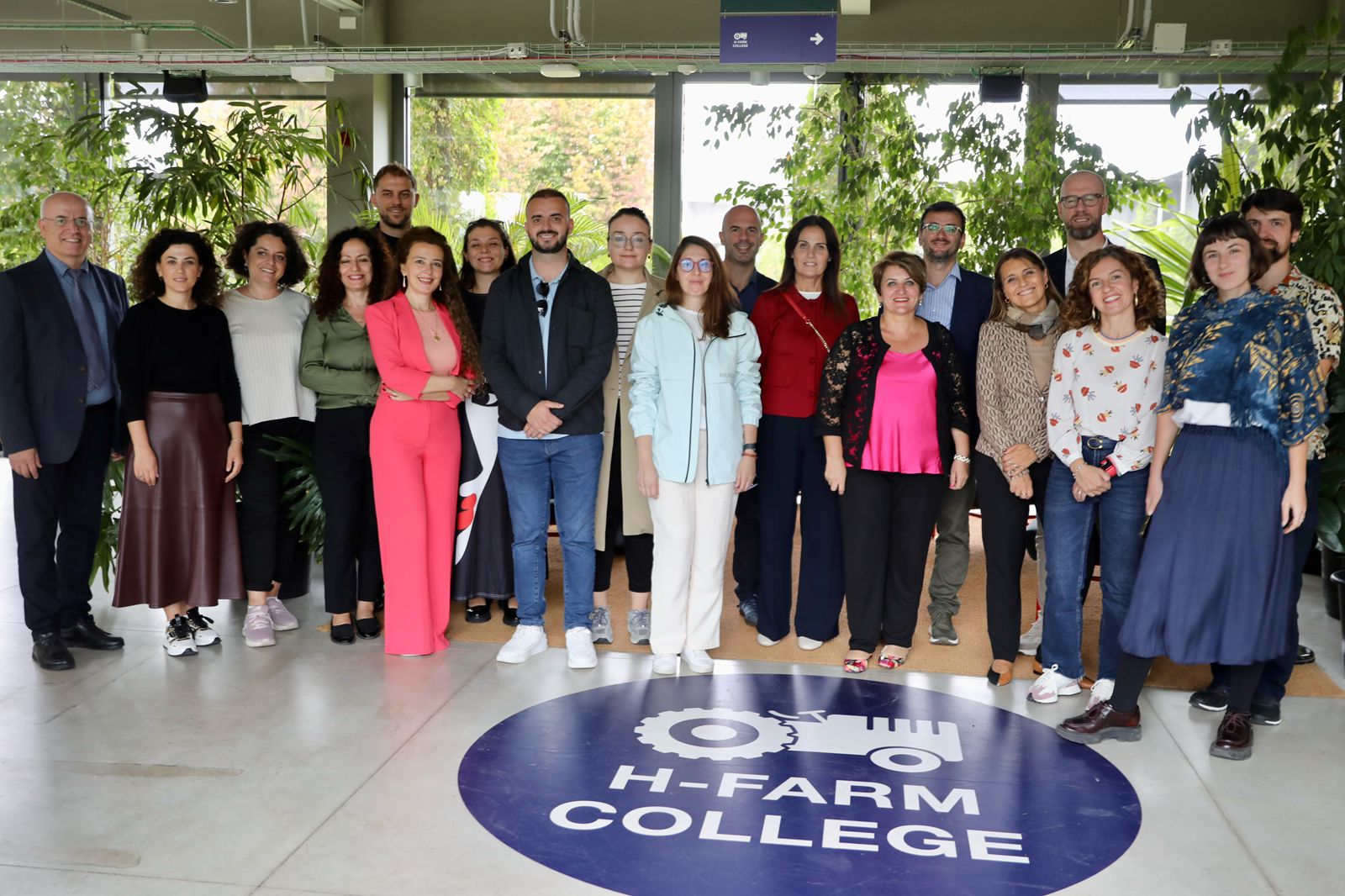The diaspora represents one of the most important and valuable assets for the homeland, as it creates strong connections with international markets and plays a key role in promoting economic development. In many small and developing countries, the diaspora has contributed to promoting local products and services, opening new opportunities for exports and attracting foreign investments. Beyond remittances, which often make up a significant part of Gross Domestic Product, the diaspora’s impact is also visible in strengthening national brands, creating trade partnerships, and sharing international expertise.
For example, the Albanian diaspora has played an important role in introducing traditional products such as wine, organic foods, and handicrafts to international markets. Diaspora members and networks have acted as intermediaries, helping local businesses penetrate new markets and offering opportunities to develop trade agreements. Additionally, diaspora professionals have shared their knowledge to improve the quality and competitiveness of local products, enabling them to meet international standards and succeed in broader markets (Facilitating Diaspora Investment).
Although these efforts have produced positive results, the diaspora’s full potential remains underutilized. Clear mechanisms to structure and enhance economic cooperation between the diaspora and local institutions are often missing. Greater focus on strengthening this collaboration would allow a direct impact on building local capacities and accelerating economic development. Such cooperation could contribute to export diversification, job creation, and strengthening the international image of the homeland. The diaspora’s role as a strategic partner for sustainable development of international trade remains essential for economic growth and the country’s integration into the global economy (The Role of Remittances in Developing Countries). Through direct diaspora support, access to new markets can improve and knowledge and technology exchange can be stimulated (Diaspora as a Bridge for Kosovo’s Economic Development).
Currently, Kosovo faces several challenges related to its integration into international markets. Its economic structure is dominated by imports, while exports remain limited and concentrated in a few sectors such as metal processing, textiles, and agricultural products. Greater diaspora involvement in these sectors could have a direct impact on increasing and diversifying exports. Administrative barriers, lack of international certifications, and limited recognition of local brands in global markets hinder export growth (The Contribution of the Diaspora to Kosovo’s Economic Development).
In this context, the diaspora can play a key role in addressing these challenges through several ways:
- Continued Promotion of Local Products and Services
The diaspora can serve as ambassadors for Kosovo’s products and services, promoting their quality and uniqueness in countries where they reside. This could include:- Opening stores featuring Kosovo products.
- Organizing fairs and events to promote local products.
- Using social media and media platforms to raise awareness about local brands.
- Assistance with International Certifications
The diaspora can help secure international recognitions by:- Providing contacts to meet international standards.
- Acting as intermediaries between Kosovo businesses and certification organizations.
- Financially supporting quality improvement and production standards.
- Support for Exporters
- Offering training and mentoring to new exporters in Kosovo.
- Assisting with preparation of export documentation.
- Providing information on trade policies and regulations in destination markets.
- Creating a Positive Image for Kosovo
The diaspora can help improve Kosovo’s international perception by promoting:- Kosovo’s cultural heritage and unique crafts.
- The skills and talents of Kosovo’s youth across various fields.
- The country’s stability and economic potential for foreign investments.
- Channeling Remittances for Development
Beyond remittances for consumption, the diaspora can channel funds into economic projects and initiatives that boost exports, such as:- Funds supporting start-up businesses.
- Investments in export-supporting infrastructure (warehouses, logistics, etc.).
Conclusion
The diaspora’s international experience, professional knowledge, and networks built abroad can serve as important resources for promoting exports, improving local product quality, and creating opportunities for trade partnerships. Furthermore, the diaspora plays a significant role in improving Kosovo’s image by presenting its cultural heritage and economic potential in global markets. However, the lack of a structured mechanism for cooperation between institutions and the diaspora limits its impact. This situation hinders export diversification, the implementation of international standards, and building a strong image for Kosovo as a country with sustainable economic potential. Kosovo’s institutions should develop specific policies and mechanisms to strengthen the diaspora’s role as a strategic partner in economic development and integration into international markets.
Recommendations
Kosovo’s institutions should establish a national platform for cooperation with the diaspora to enable connections between local businesses and diaspora professionals, provide information on international markets, and channel remittances into sustainable economic projects.
Moreover, mechanisms should be introduced to improve international certifications and standards by funding training for exporters and facilitating international recognition of local products. Additionally, promoting Kosovo’s image through diaspora networks should be supported by organizing international fairs and marketing campaigns that highlight the quality of local products, cultural heritage, and the country’s economic potential.
This analysis was conducted with the support of the regional project “SMART Balkans – Civil Society for Shared Values in the Western Balkans,” implemented by the Center for Promotion of Civil Society (CPCD) in cooperation with the Institute for Democracy and Mediation (IDM), and the Center for Research and Policy Making (CRPM), and financially supported by the Norwegian Ministry of Foreign Affairs (NMFA). The content of this analysis is the sole responsibility of the authors and does not necessarily reflect the views of the Norwegian Ministry of Foreign Affairs (NMFA).


